Budget 2022: Analysis and Views of CEOs
The Union Budget for 2022-23 has set a template for economic growth, which is to be led by capital expenditure. Will this lead to job creation and inclusive growth?
The Union Budget for 2022-23 has set a template for economic growth, which is to be led by capital expenditure. Will this lead to job creation and inclusive growth?
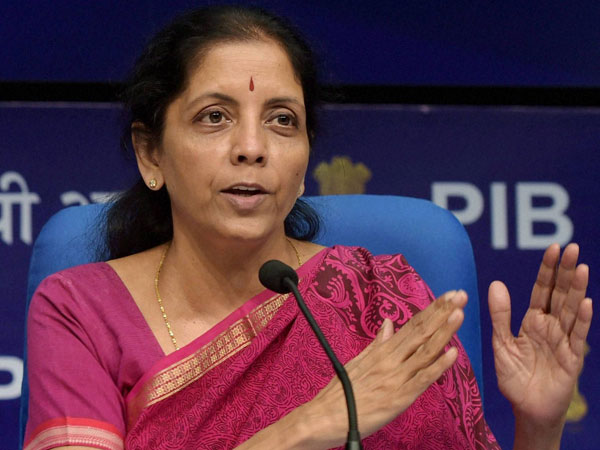
The Union Budget for 2022-23 has set a template for economic growth, which is to be led by capital expenditure. The outlay of Rs 7.5 lakh crore for capital expenditure is up 35% from the earlier year and is at 2.9% of the GDP. There is also an expanded scope of private capex through production-linked incentive (PLI) for new-age segments like solar PV module manufacturing.
The government’s intervention on the supply side continues but it is the demand side which currently seems to be stressed. There will also be challenges on the global inflation front and pandemic-led disruptions. Consumption has to rise and job creation will need to see a boost. Finance Minister Nirmala Sitharaman has set the target of creating 60 lakh new jobs over the next five years but achieving this in the current backdrop will be a tough task.
The budget has provided support to the micro, small and medium enterprises (MSME), a crucial sector for job creation. The fund support of Rs 50,000 crore in FY23 through the Emergency Credit Line Guarantee Scheme (ECLGS) takes the total allocation to the scheme to Rs 5 lakh crore between FY21 and FY23, but the sector, impacted badly by the Covid-19 pandemic, can bounce back only if aggregate demand in the economy expands.
On the fiscal deficit front, it is estimated to settle at 6.9% in the current fiscal and rein in at 6.4% of GDP in 2022-23. A surge in revenues helped the government during the current year but subsidies had to shrink.
The disinvestment target for 2022-23 has been trimmed to Rs 65,000 crore, probably with an eye on the upcoming assembly polls. The Banking Laws (Amendment) Bill, 2021, which would have enabled privatisation of two public sector banks, was not taken up by the Cabinet despite being listed for introduction in the winter session of Parliament last year. For 2021-22, the Budget estimates had pegged the disinvestment target at Rs 1.75 lakh crore. This target has now been revised to Rs 78,000 crore.
Interest rates are inching up, evident towards the last part of the current fiscal. This is going to be a more apparent trend in FY23 with inflation continuing to be under pressure. The Reserve Bank of India (RBI) will have to continue balancing liquidity keeping growth in focus and inflation in mind.
The FM’s announcement of the RBI issuing a digital rupee in FY23 created excitement, particularly when there has been so many lines of thinking on cryptocurrencies like bitcoin. A taxation of 30% on the transfer of digital assets signals what the government’s view is on cryptocurrency. This also means that cryptocurrency is getting accepted as a reality and the government is going to work on regulating rather than banning it.
Indianbankingnews.com has cobbled together the views of CEOs on the budget. This is what some of them had to say:

Dinesh Khara - State Bank of India Chairman
"The budget continues to strike a balance between the challenges posed by the recurring Covid-19 waves and the need to contain the economic damage due to pandemic. The budget achieves this delicate balance quite well.
The emphasis going forward is on seven parallel tracks - PM GatiShakti, Inclusive Development, Productivity Enhancement & Investment, Sunrise Opportunities, Energy Transition and Climate Action and Financing of Investments.
On the banking and finance side, the announcements are significant. The budget proposes to set up 75 Digital Banking Units (DBUs) in 75 districts of the country by scheduled commercial banks. This proposal is in sync with our ongoing digital banking initiatives."
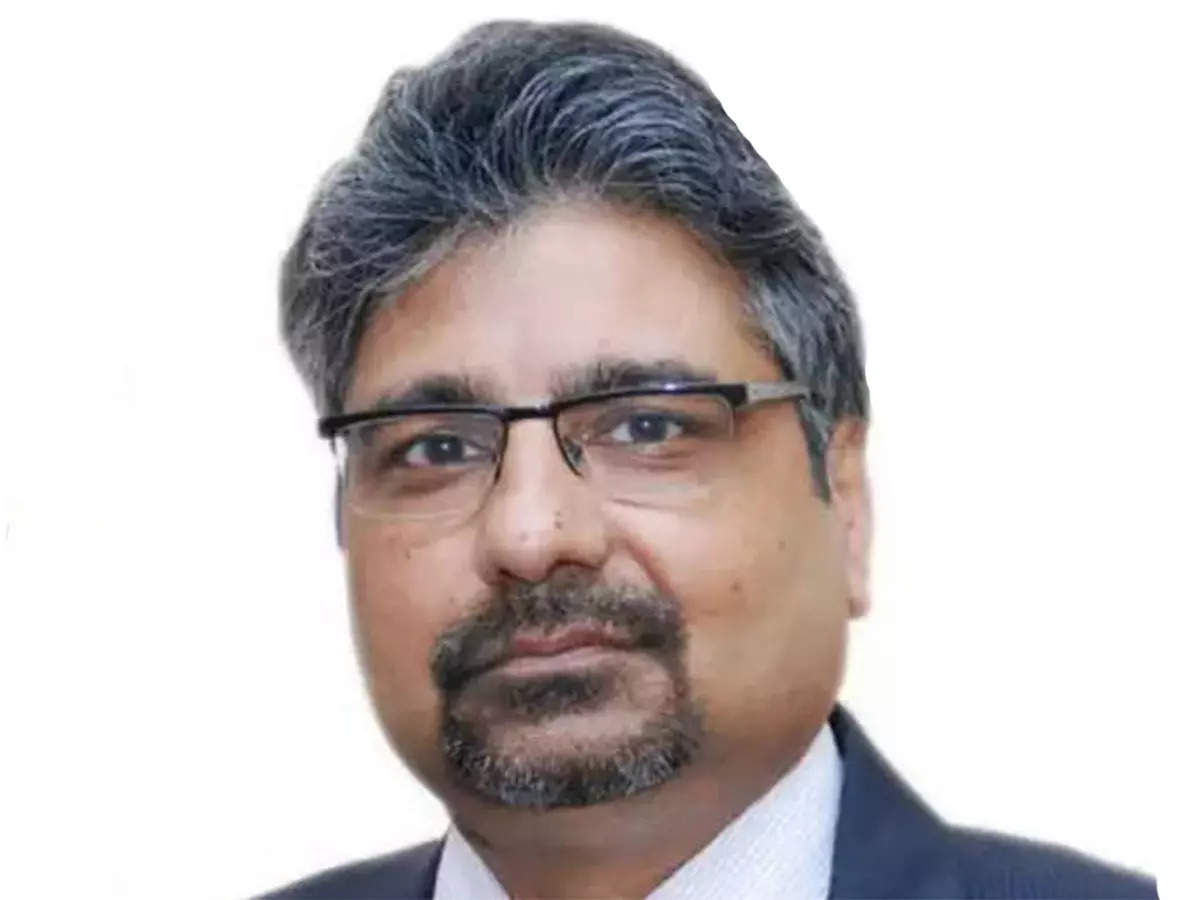
Atul Kumar Goel - IBA Chairman and Punjab National Bank MD & CEO
"Extending the Emergency Credit Line Guarantee Scheme (ECLGS) by another one year, revamping of the CGTMSE scheme to facilitate additional credit of Rs 2 lakh crore to the MSE sector and specific allocation of Rs 50,000 crore under ECGLS to the hospitality sector were in the wish list submitted by IBA during our pre-budget discussions.
The proposal to adopt Unique Land Parcel Identification Number to facilitate IT-based management of records, use of Kisan Drones for promotion of crop assessment, digitalisation of land records, etc would help the agriculture sector and also facilitate increased flow of institutional funding to agriculture. These measures provide confidence to the banking industry to lend resources to these needy sectors.
Inclusion of sovereign green bonds in the total borrowing of the government with a view to facilitate investment in public sector projects to reduce the intensity of carbon emission, giving infrastructure status to data centres and energy storage systems, allocation of Rs 48,000 crore for the construction of 80 lakh houses in rural and urban areas under Pradhan Mantri Awas Yojana will help the growth to be broad-based. The banking sector will have more avenues and opportunities to lend and to play a key role in the growth story of the country."

AS Rajeev – Maharashtra Bank MD & CEO
"This is a forward-looking budget, considering India's core competency of information technology and young populace. With adequate focus on infrastructure development, creation of conducive environment for startups, big and small business, the budget proposals take calibrated steps towards return to fiscal discipline. Focus on capital expenditure indicates preference of long-term growth strategy over short-term gains. The banking industry has guidance to play a vital role in tech-enabled service delivery, fostering infra build-up and consolidating MSMEs while nurturing a digital-based startup ecosystem."
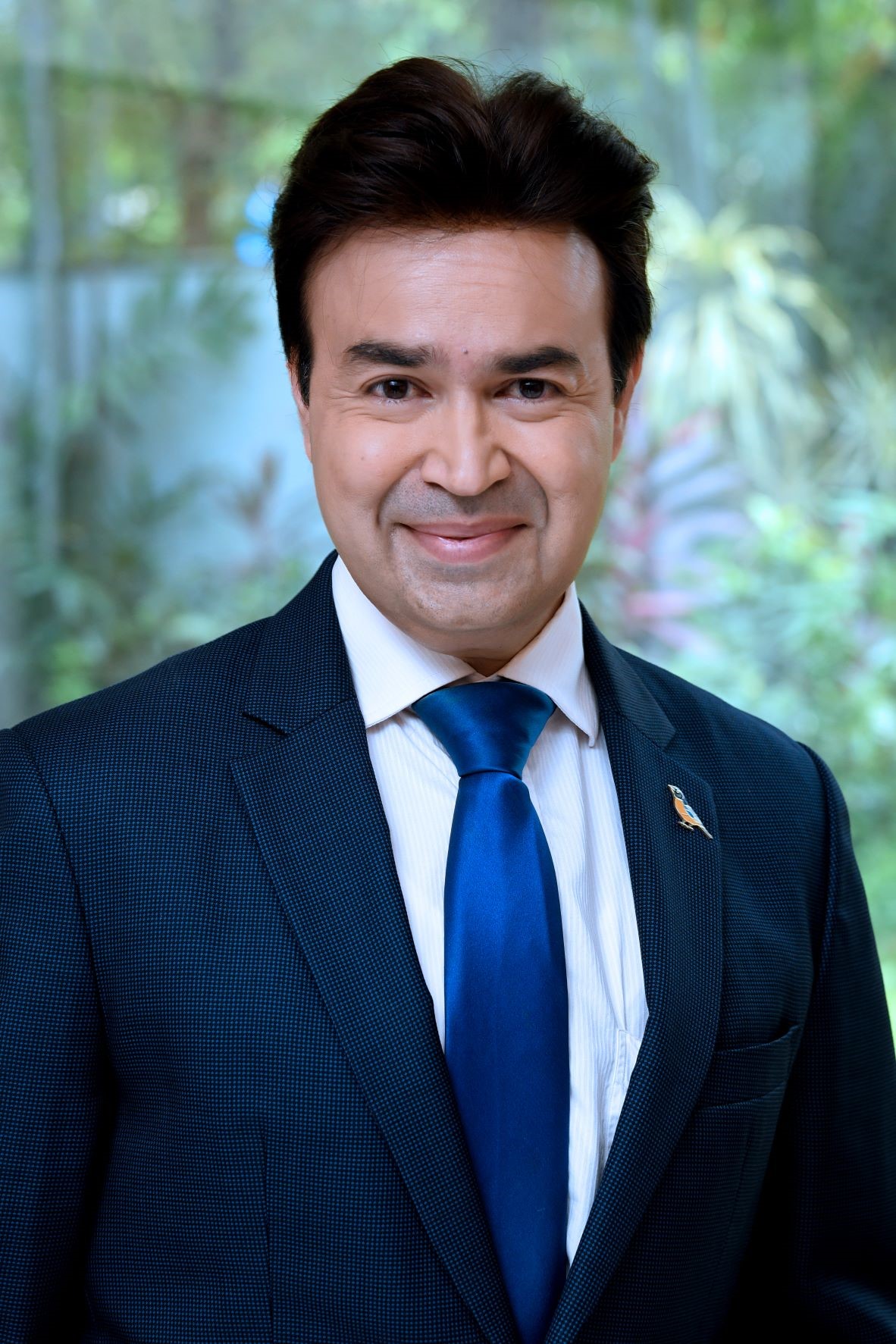
Vijay Chandok - ICICI Securities MD & CEO
"The Union Budget 2022-23 has adopted new economic growth template for “Amrit Kaal” (run up to India@100) by promoting capital expenditure led economic growth. Outlay of capital expenditure of Rs 7.5 lakh crore, up 35% higher than the previous year (and at 2.9% of GDP) along with expanding the scope of private capex through PLI for new-age segments is expected to deliver inclusive growth, job creation and welfare for all."
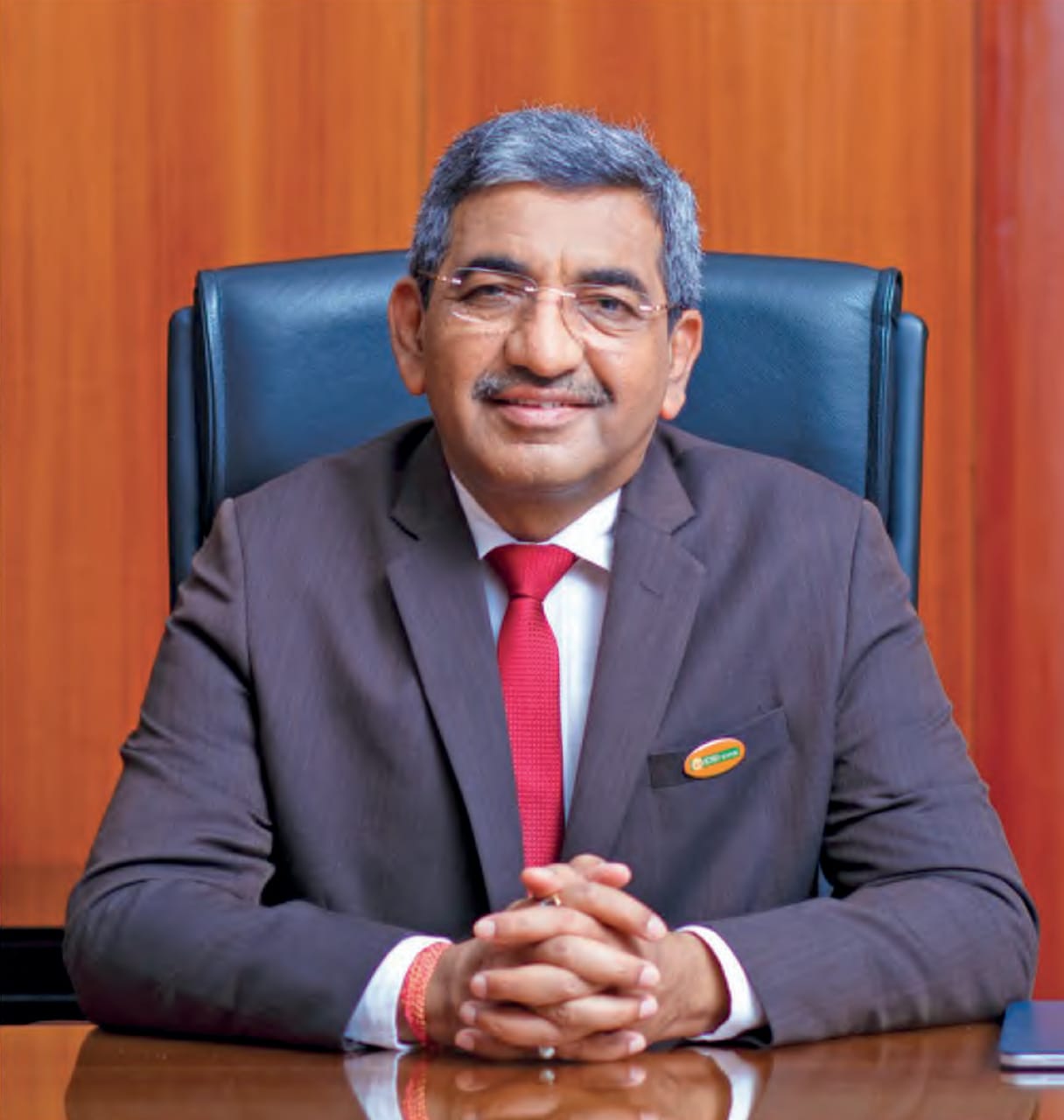
Rakesh Sharma - IDBI Bank MD & CEO
"This is a growth-oriented, forward-looking budget with focus on capital expenditure in the infrastructure sector, particularly in roads, railways and their associated logistics.
Coming on the back of nascent economic growth, estimated to be around 9.2% in the current year, and in the midst of the third wave of the pandemic, the Union Budget provides for targeted policy prescriptions for enabling inclusive development, productivity enhancement and financing of investment mainly through PPP model. Keeping in view the prevailing financial strain, especially on small businesses, during the pandemic, the extension of ECLGS till March 2023, and expansion in the guarantee cover of CGTMSE, will indeed be a boon for MSMEs."

V Vaidyanathan - IDFC First Bank MD & CEO
"Overall, a very growth and development-oriented budget. If we go in this direction and at this rate for 20-25 years, our roads, ports, infra, raiways, waterways etc will be world class. That will set it up for futher growth, and we will have lot more tax resources every year (it will compound), which will allow more investment in welfare on a sustainable basis.""Look forward to a new developed India. By the way, GST collections for January 21 is Rs 1.41 lakh crore, an all-time high. I thank tax-payers. Tax payers deserve applause."
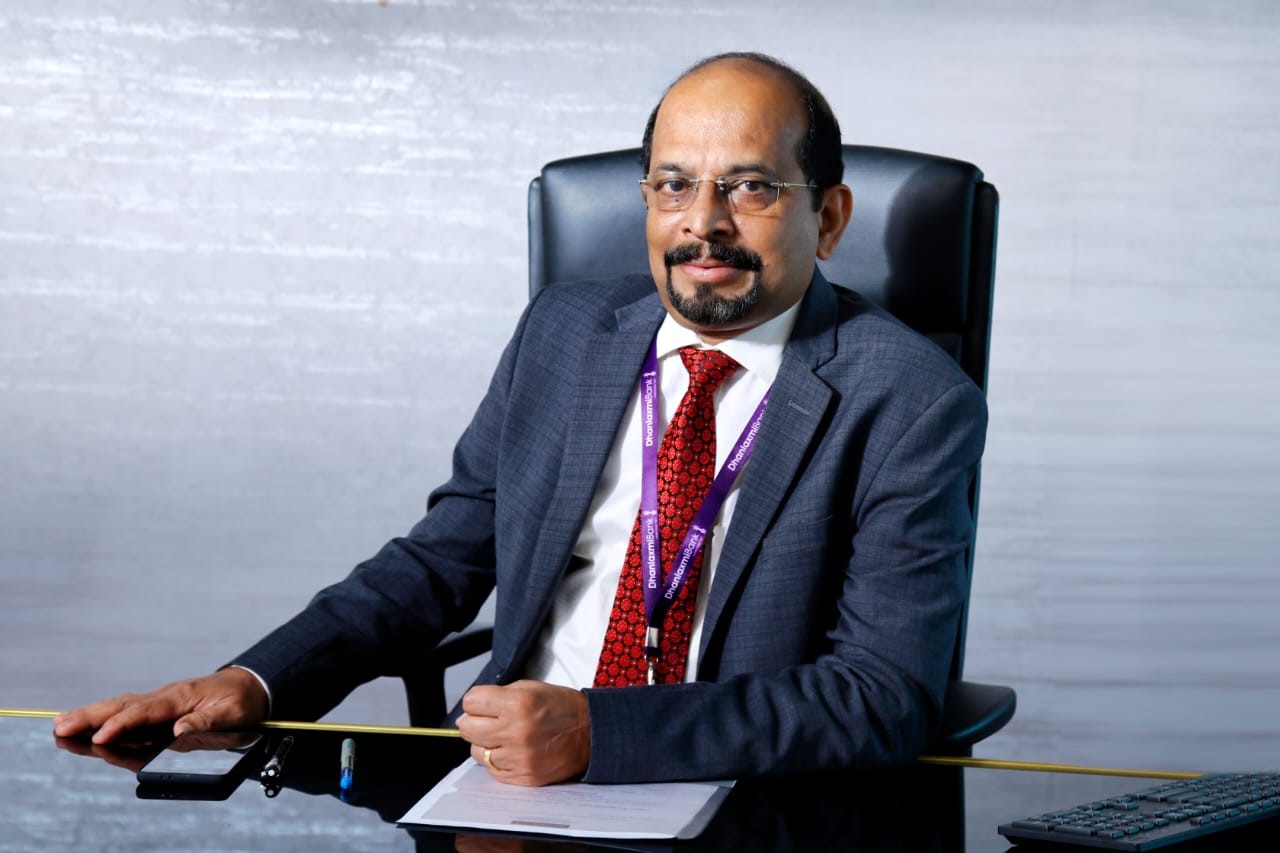
Shivan JK - Dhanlaxmi Bank MD & CEO
"The Union Budget is distinctly capex-focussed. It aims at inclusive growth in the medium term, with tapering fiscal deficit predictions. It is more like the post-World War II measures taken by the US and is expected to propel overall growth. Serious watchers have long ago given up on sops and rebates. The digital message and measures are noteworthy. Sunrise sectors get filip. Clean energy promotion has become a new normal. Overall, praiseworthy and not succumbing to any compulsions."
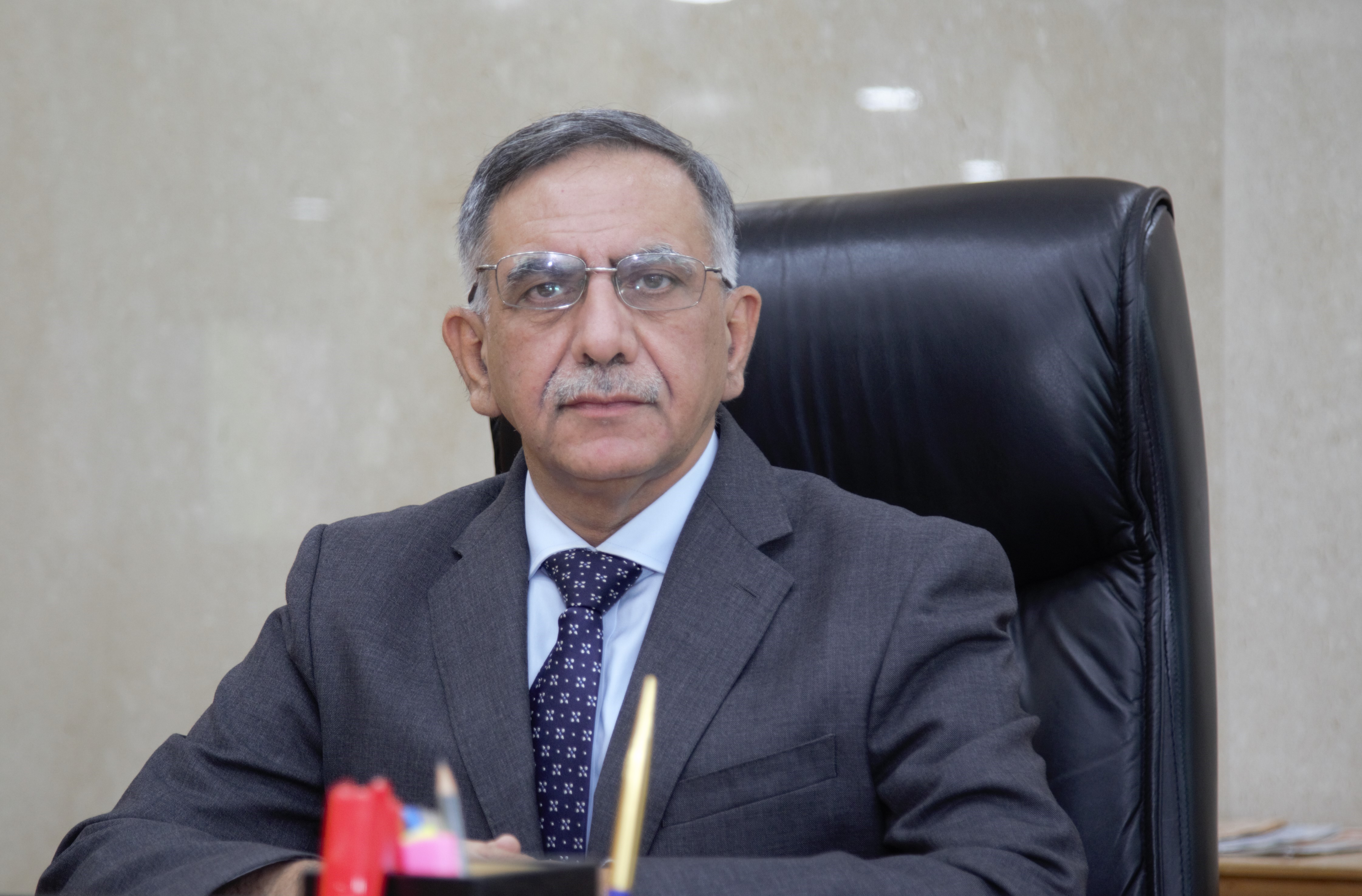
Sanjiv Chadha - Bank of Baroda MD & CEO
"The Union Budget is an investment oriented one which keeps fiscal prudence in mind. Hence, while the size of the budget has increased significantly with the focus on capex, the deficit has been reined in at 6.4% and hence indicates a graduated descent on the FRBM path.
However, this deficit will still mean high borrowing comparable to that of last year. We may expect interest rates to be elevated and can look forward to the RBI to do more regular fine tuning to balance liquidity with growing demand.
There is a push on several sectors such as solar energy, EVs, housing, telecom, defence, hospitality, etc. This will help to provide a push to the private sector too. Further, the extension of the ECLGS for another year with enhanced limit will be good for the banking sector. We also see the issue of green sovereign bonds an innovative measure, which will provide a boost to this category of debt market. We can see this leading down the road to further such issuances in the corporate bond market too."
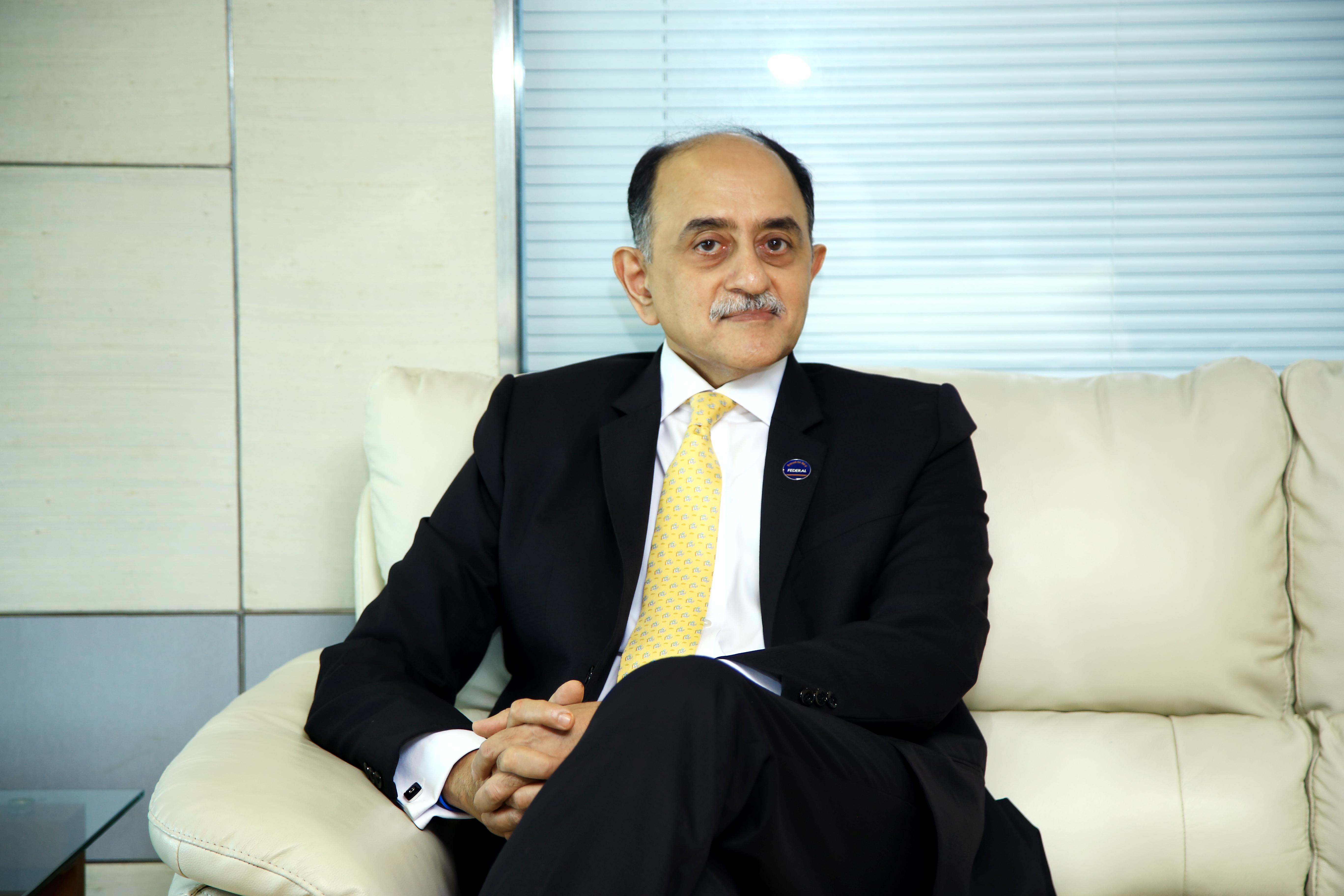
Shyam Srinivasan - Federal Bank MD and CEO
"The 35% increase in capex for infra development, 65% defence capex for local companies, tax incentives for startups, new cargo terminals – all indicate the refreshingly clear and well-structured aspiration of ‘Atmanirbhar Bharat’. Digital economy getting an enhanced call-out for formalisation is a welcome move. The demanding need of green infra in the country has also been promisingly addressed in the form of the maiden Sovereign Green Bond.
Overall, the optimism is retained, and all of this would give the perfect nudge to our MSMEs. The banking sector would certainly benefit from this, key of course would be improved participation and not a veneering attempt."

Surojit Shome - DBS Bank India MD & CEO
"The introduction of the CBDC is a forward-looking move, in line with the direction adopted by major global economies. The support announced for the MSMEs and start-ups will go a long way in fuelling increased economic activity and job creation across the country.
The introduction of Green Sovereign Bonds is in line with India taking concerted steps towards sustainable growth, affirming the government’s intention to address climate change."
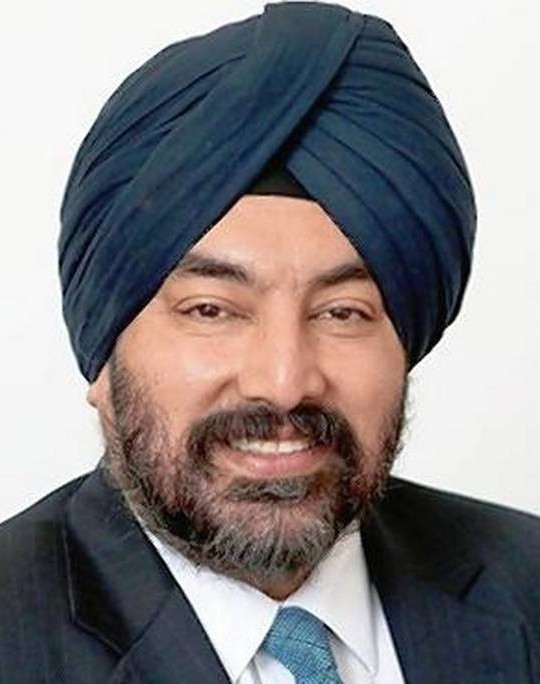
Jaspal Bindra - Centrum Group Executive Chairman
"The Budget maintained a fine balance between boosting job creation, supporting startups, sunrise and core industries, MSMEs and rural development along with a thrust towards greater financial inclusion and digitisation.
The setting up of 75 digital banking units and 1.5 lakh post offices coming on the core banking platform, combined with an increasing penetration of smart phones will provide a major boost to financial inclusion. Moreover, it paves the path for new banking models, which could be 100% digital, thereby reducing cost of lending, improved service standards and wider geographic reach."

Prashant Kumar - Yes Bank MD and CEO
"Against the backdrop of Covid-19, the Union Budget sets a base for a sustainable long-term growth trajectory. On the investment front, increase in capital expenditure is expected to further reinvigorate the economy and crowd-in private investment.
The budget dovetails well with the earlier announced National Infrastructure Pipeline and accordingly provide the necessary counter fiscal push required at this point of time. Overall, the government seems conscious of triggering positive growth impulse with the Union Budget striking the right chords in terms of reviving consumption and boosting investments."
